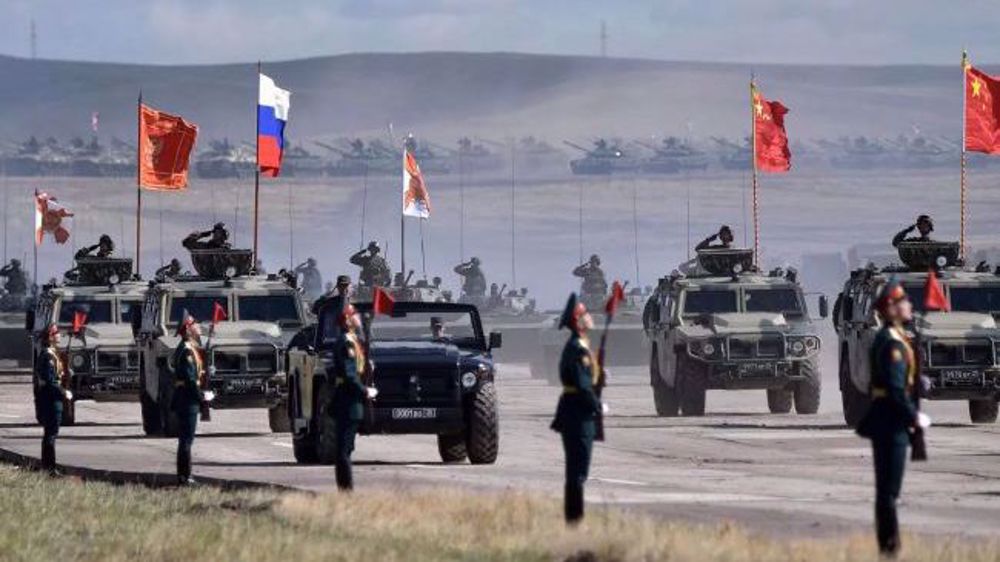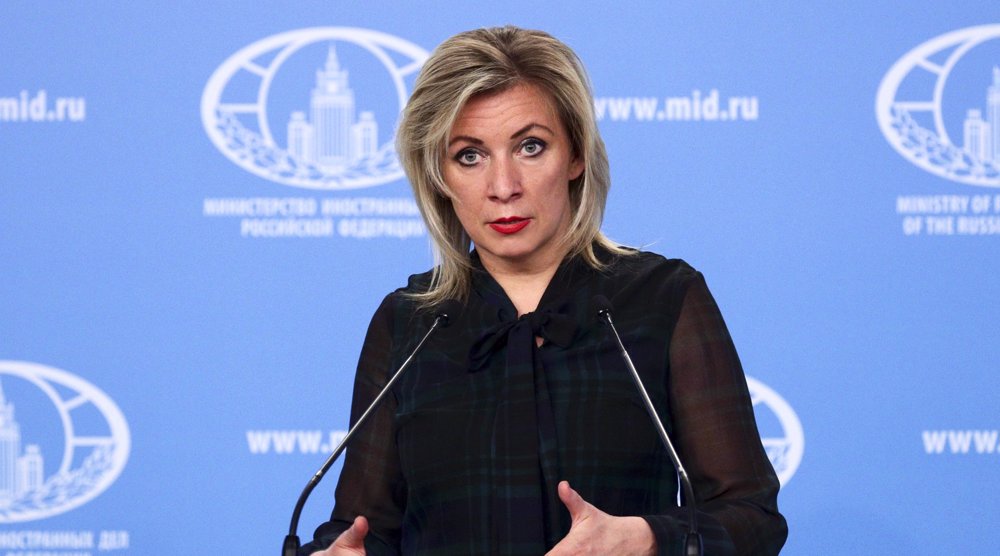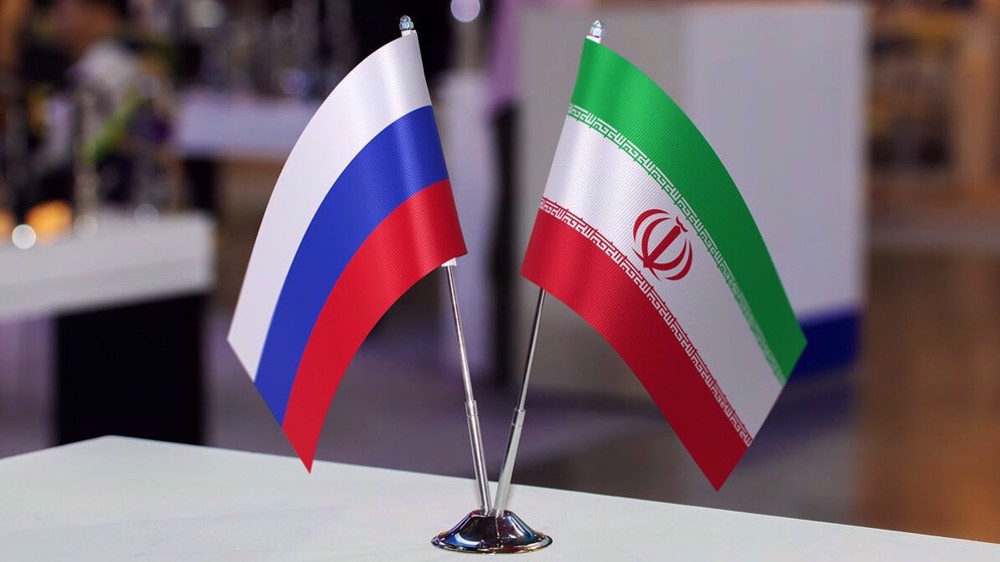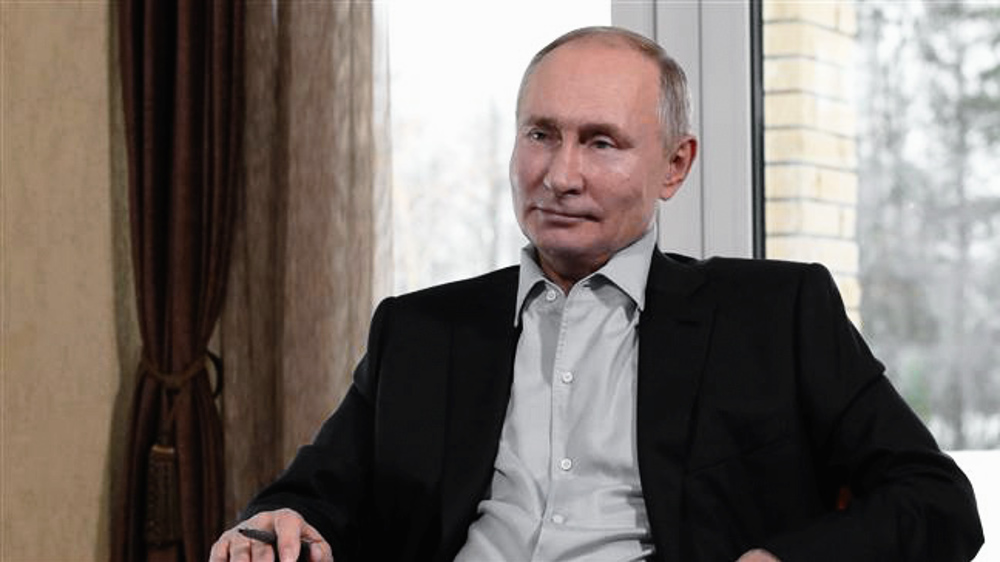Borrell to propose EU sanctions against Russia over Navalny
The European Union (EU)’s top representative for foreign policy has threatened to propose that the bloc introduce sanctions against Russia after failing to secure the release of a Russian opposition figure, Alexei Navalny.
“They are merciless,” EU foreign policy chief Josep Borrell said in an address to the European Parliament on Tuesday, apparently referring to Russian officials. “The current power structure in Russia, combining vested economic interests, military and political control, leave no opening for democratic rule of law.”
Borrell was speaking after paying a rare visit to Moscow last week to plead for the release of Navalny.
The EU official said he would propose that the bloc’s 27 member states impose sanctions on Russia after Moscow rebuffed his attempts to renew dialog about the opposition figure’s release.
“It will be for the member states to decide the next step, but this could include sanctions and I will put forward concrete proposals,” Borrell told the European Parliament.
A number of European countries have already called for the imposition of punitive measures on Russia over the detention of Navalny and an alleged crackdown on protests for his release.
EU foreign ministers are set to discuss the issue at their next meeting on February 22.
Tensions between Brussels and Moscow heightened after Borrell’s visit to Russia last week, during which the Kremlin expelled three European diplomats for taking part in pro-Navalny protests.
In a retaliatory and coordinated move on the same day, Germany, Poland, and Sweden expelled three Russian diplomats for the expulsion of their diplomats by Moscow.
Last month, Russian police detained Navalny on arrival in Moscow from Germany, five months after he was transferred to a hospital in Berlin to be treated for what the West alleged had been a nerve agent attack by Russia.
Moscow has repeatedly rejected the allegations, saying the West is exploiting the case for political reasons and using it as a pretext to impose more sanctions against Russia.
Thousands of Russians demonstrated for two consecutive weekends in January, demanding the release of the opposition figure, who was sentenced to nearly three years in prison last week.
Navalny was jailed on February 2 after a Russian court ruled he had violated the terms of a suspended 2014 sentence.
The Russian government had earlier declared the gatherings illegal.

China warns Ukraine over 'irresponsible' claim of Chinese soldiers in war

World growing tired of endless threats against Iran: Russia

Russia’s State Duma approves 20-year strategic partnership treaty with Iran
Israeli settler attacks, displacements increase in the occupied West Bank: OCHA
Protesters gather in Times Square demanding release of Mahmoud Khalil
Yale's decision to terminate Dr. Helyeh Doutaghi aimed to silence anti-genocide voices: Activists
Iran’s aluminum output down by nearly 5% in year to March
Missiles fired from Yemen triggers sirens in Israeli-occupied territories, closes airport
Iran condemns terror attack in southeast that killed 8 Pakistani nationals
Deir al-Balah massacre: Israeli airstrikes killed 6 brothers at once
Iran currency surges on positive news from Iran-US talks















 This makes it easy to access the Press TV website
This makes it easy to access the Press TV website